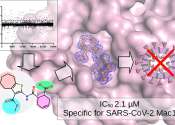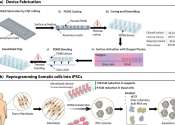Scientists develop new organoid model to study thymus function
Researchers from the Organoid group have developed a new organoid model that can be used to study the thymus. The organoids are derived from mouse thymus tissue, specifically model thymic epithelial cells (TECs). These cells ...
Apr 29, 2024
0
33









